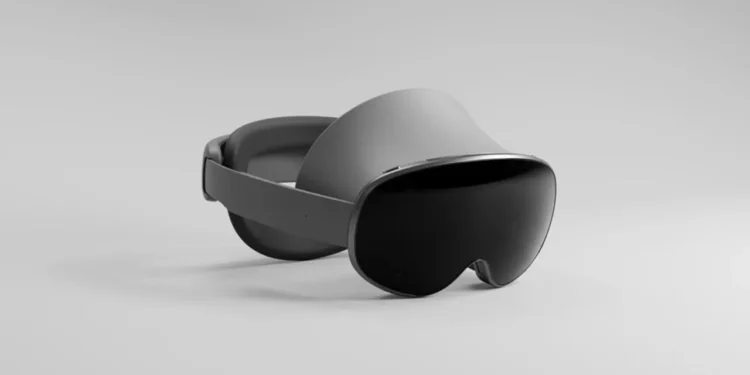In a bold move that sets the stage for a new era in wearable technology, Google and Samsung have announced a partnership to launch a mixed-reality headset. This collaboration marks a significant challenge to established players like Apple and Meta, and aims to reshape the landscape of consumer electronics with a device powered by a groundbreaking new Android operating system tailored for extended reality (XR).
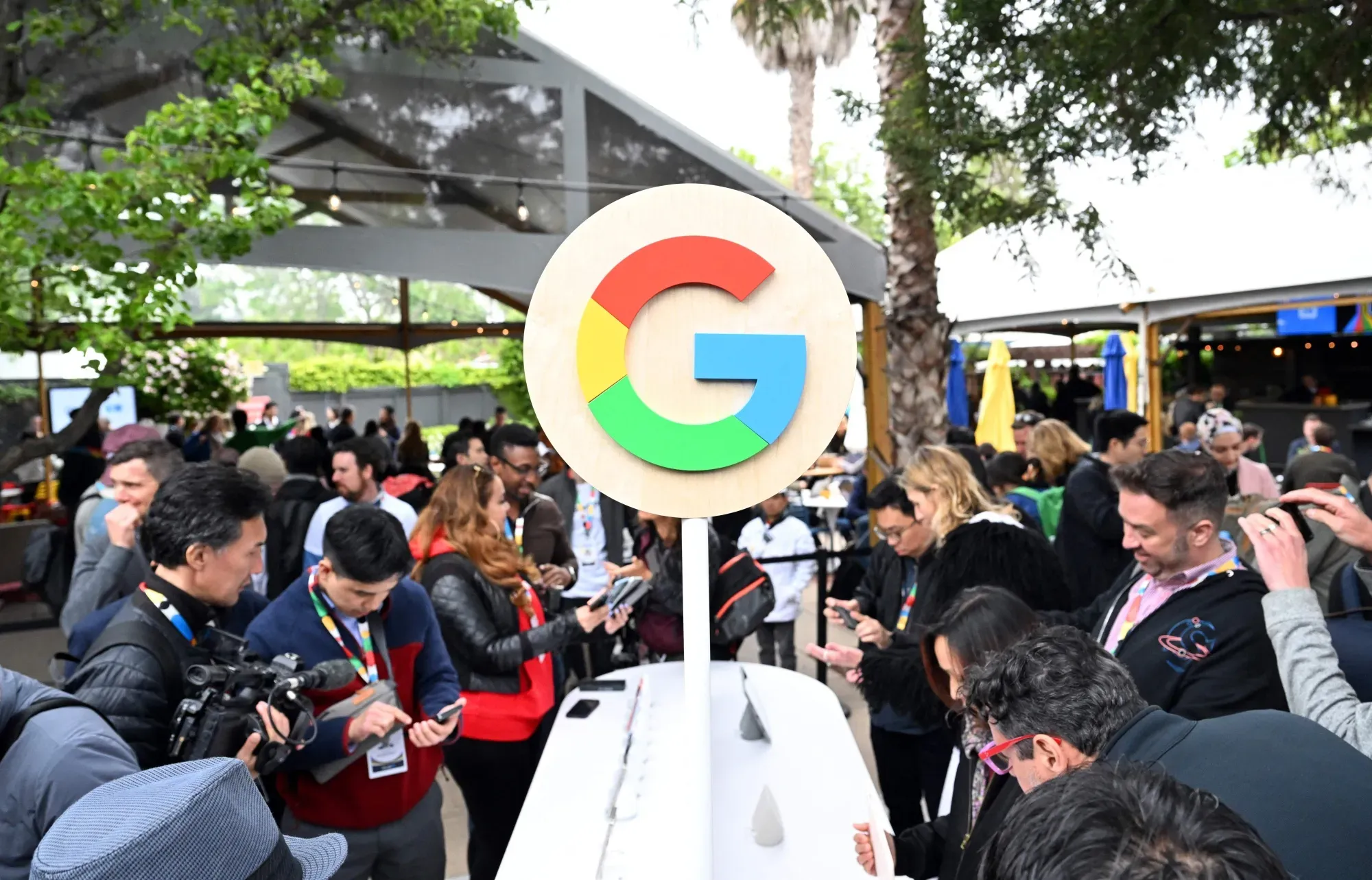
Pricing and Market Strategy
The unveiling of this partnership comes at a time when the wearable headset market is seeing renewed interest, with products like Apple’s Vision Pro and Meta’s Quest 3 leading the charge. However, Google and Samsung are poised to disrupt this market with a headset that not only integrates the latest in artificial intelligence but also undercuts the hefty price tags of its competitors.
Industry analysts are buzzing about the potential of the Samsung-built headset, which is expected to launch in 2025. This device will be the first to run on the newly developed Android XR platform, a collaborative effort between Google, Samsung, and chipmaker Qualcomm. This platform is designed to support a range of hardware, including glasses and other wearable tech, setting the stage for a more immersive interaction with technology.
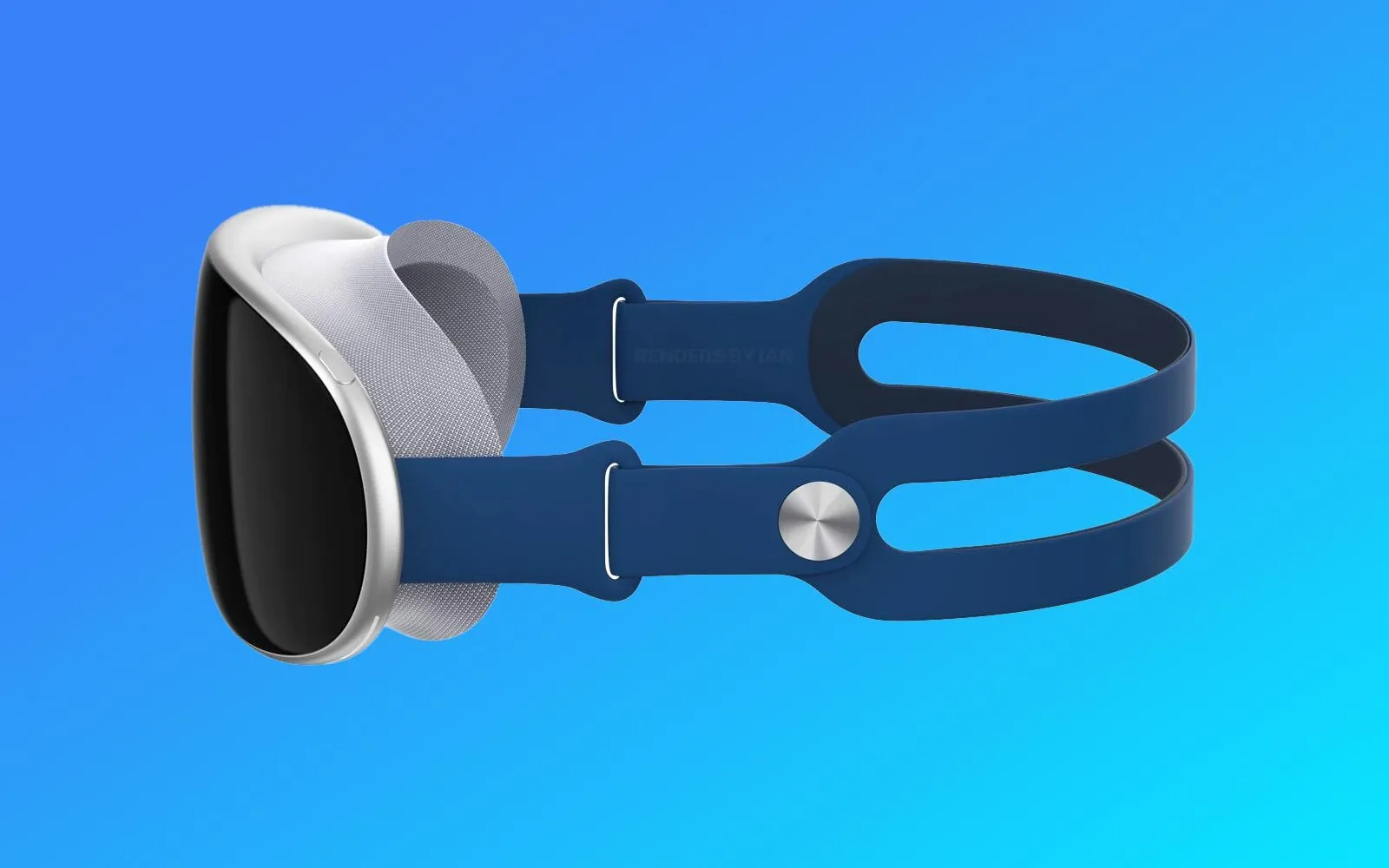
Technological Innovations and AI Integration
The price of the upcoming headset has not been disclosed yet, but experts believe Samsung aims to offer a more affordable alternative to Apple’s $3,499 Vision Pro. Meta’s more modestly priced Quest 3, at $500, currently dominates the lower end of the market, but Google and Samsung could introduce a new pricing strategy that appeals to a broader audience.
Ted Mortonson, a managing director at Baird, highlighted the strategic importance of the new headset and its operating system. “They’re doing a direct assault on Apple,” he stated, emphasizing the leverage of Google’s AI prowess and Samsung’s robust hardware manufacturing capabilities. The new device is not just a product but a pivotal move in the ongoing evolution of consumer AI technology.
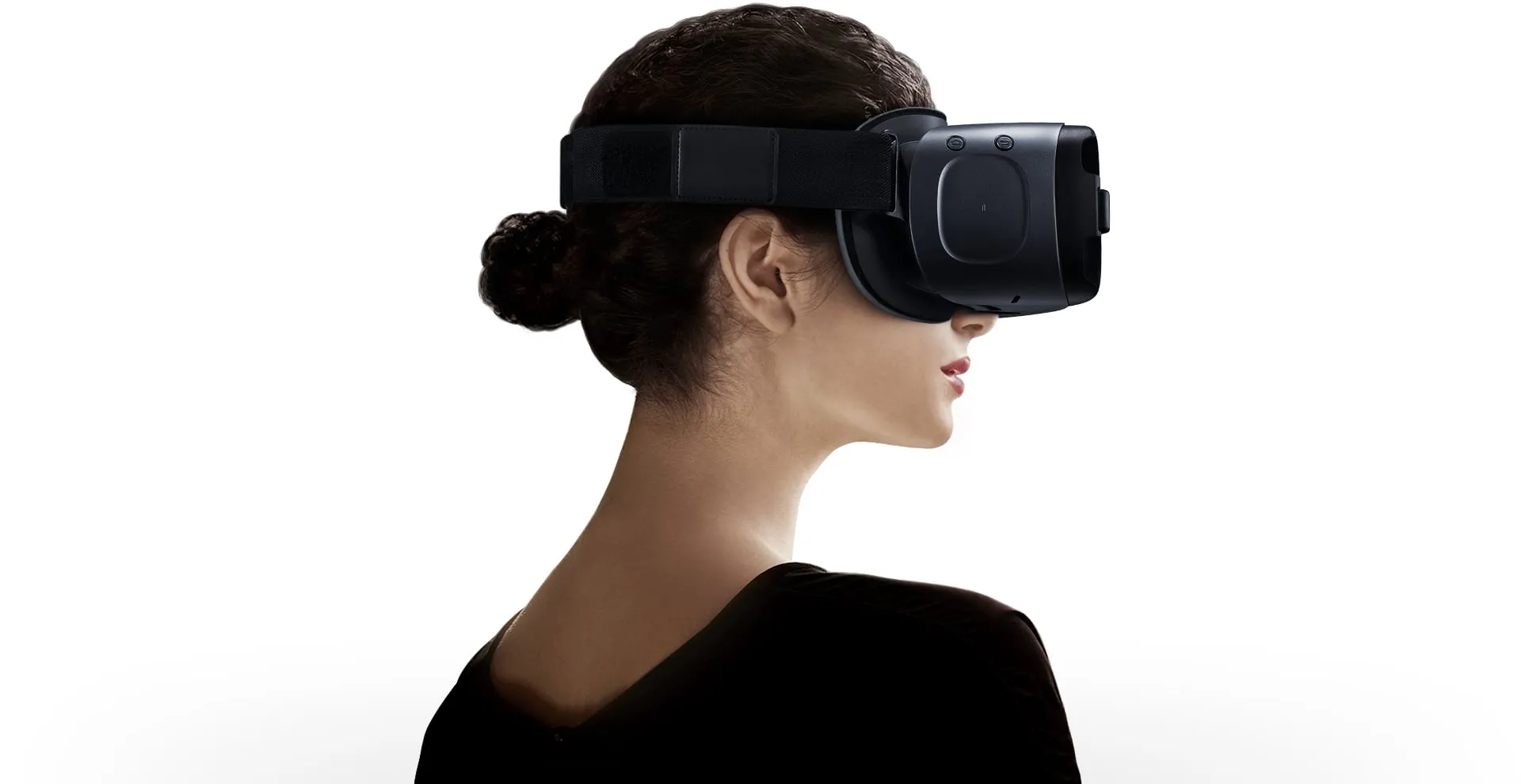
Market Implications and Future Prospects
The Android XR system represents a leap forward in integrating artificial intelligence into everyday consumer products. Google’s recent advancements in AI, including the acquisition of AI lab Deep Mind and the launch of Gemini, its core AI offering, are expected to play a crucial role in enhancing the capabilities of the new headset. Features such as an AI voice assistant and seamless access to Android applications are anticipated to set this device apart from its competitors. Scott Kessler, the global sector lead for technology at Third Bridge, views this development as part of an early, experimental phase in the wearable tech market. He noted that while these products are impressive, there is nothing yet that makes them essential purchases. This sentiment captures the current market atmosphere, where potential and practicality are still finding their balance.
As the market for wearable tech and AI-enhanced products grows, companies like Google and Samsung are positioning themselves at the forefront, not just to compete but to define the future landscape of technology. With this partnership, both companies are signaling their commitment to innovation and their intent to capture a significant share of this emerging market.
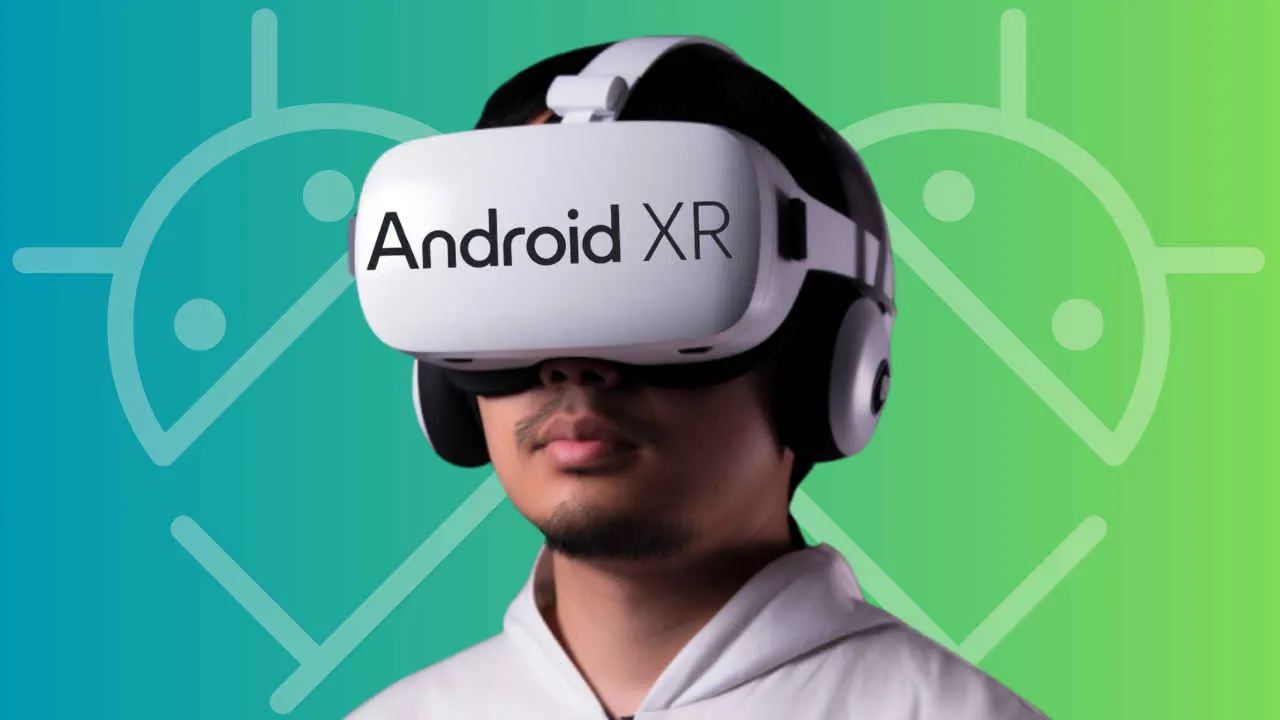
In conclusion, as Google and Samsung set their sights on 2025, the tech industry watches with anticipation. This partnership may not only challenge the dominance of companies like Apple and Meta but also pave the way for new interactions between technology and everyday life, making the future of mixed reality devices not just a possibility but an impending reality.

